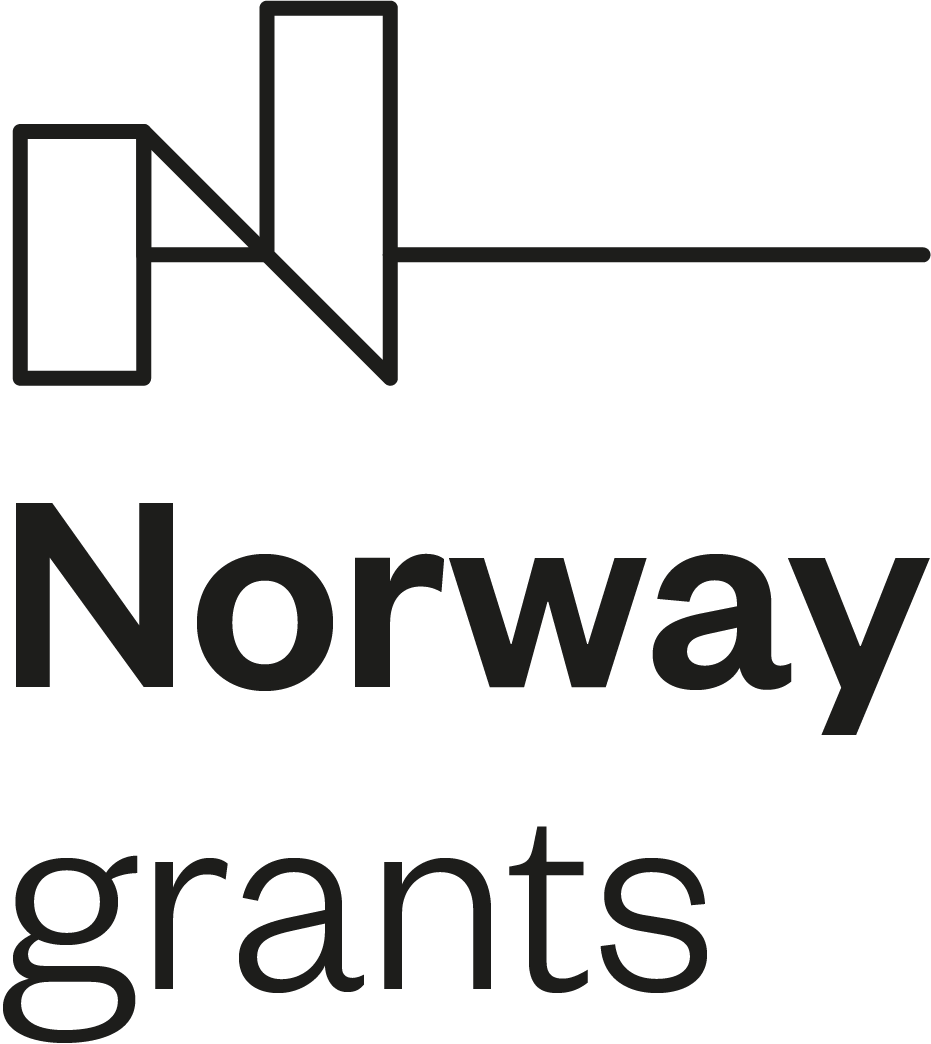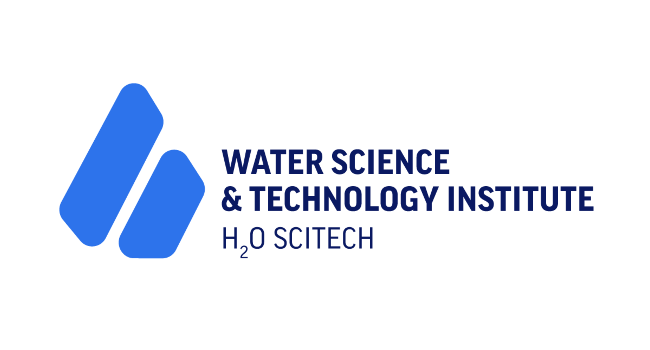USAGE – Urban Stormwater Aquaponics Garden Environment
Programme ‘Applied Research’ IdeaLab Call for Full Proposals under the Norway Grants
Aim of the project: To create the green-garden installation for food production based on aquaponic systems supported on rain and stormwater collection infrastructure. Alongside food production, the infrastructure will play an educational and social role, integrating the citizens, creating the workplaces, and propagating environment-friendly behaviors. The system's design will suit the urban tissue thanks to local community engagement and urban planners' work. The aquaponic installation connected with the water collection and treatment system will create a meeting place and play a social role by integrating neighborhoods and local citizens, boosting entrepreneurship, and raising knowledge about climate change.
The total value of the project: PLN 9 407 825,44
Co-financing value: PLN 1 411 173,82
Project implementation: January 1, 2021 – December 31, 2024
The Consortium: Norwegian Institute for Water Research, Warsaw University of Technology, Cracow University of Technology, CASE – Center for Social and Economic Research, The Fridtjof Nansen Institute
mapadotacji.gov.pl









Social Impact
In recent years, there has been no shortage of talk about the need for greater citizen involvement in decision making and the desire to increase institutional possibilities for public engagement, particularly when the goal is to ensure public trust in experimental local projects. With the rise in deepening and expanding public engagement globally, the importance of community engagement indeed has become pivotal for well-functioning, twenty-first century local democracies. Constructive relationships between communities and the institutions make community engagement not only desirable, but necessary and viable as it is likely to lead to more equitable, sustainable public decisions and improve the liveability of local communities. This is why community engagement is important for individuals, public organisations, and governments alike, especially when piloot projects bring in loads of novelties. Where traditional, executive-led approaches are ineffective, community engagement is important in its collaborative approach to the design and/or delivery of services. Yet, citizen participation, in order to be truly impactful, needs to be:
a) Deliberative
Citizens should be given the time and resources to digest, explore and discuss information with each other before being asked to give their opinion or recommendations. Engagement should begin early and enable the public to shape not only answers to problems, but the questions asked and the topics considered.
b) Responsive
The engagement process should come with a commitment from a combined authority or devolution area to consider decisions and recommendations, and provide feedback on subsequent courses of action.
c) Legitimate
The citizens involved should be able to speak on behalf of a wider stakeholder group – whether a particular set of service users or a whole population. This can be achieved through representative sampling, by working systematically to involve civil society groups both large and small, or by individually offering the opportunity to participate to all members of a particular stakeholder group. USAGE project will ensure that all the requirements of successful community engagement are met from the very beginning so that local actors needs and preferences are reflected in the installations in both Wrocław and Oslo.